Last night, while most of us were trying to get some sleep, security Twitter was already wide awake. A researcher dropped a thread that stopped me mid-scroll: the Neon app data breach. The viral call-recording app—once a darling of the App—once again became Store seemed more like a case study in how rapidly trust may vanish than like a clever AI novelty. The Viral Neon App Security Flaw Neon was not some poorly developed side project.
The Viral Neon App Security Flaw No One Expected
Neon was not some half-baked side project. It was trending. Podcasters, small-business owners, and self-styled productivity hackers raved about its AI call recording feature that automatically transcribed and summarized conversations.
But here is the gut punch: the same Neon app call recordings that made it popular were sitting in the open. Security researchers found Neon app phone numbers leaked, along with actual audio files—tens of thousands of them. This was not a handful of demo accounts; this was the real user base.
One researcher’s description stuck with me: “It’s like finding a stack of strangers’ diaries on a subway bench.” Absurd—and chilling.
How the Neon App Data Breach Exposed Private Call Recordings
The culprit? A misconfigured cloud bucket. Old story, new victim. Neon left a storage endpoint without authentication. That meant anyone with basic web-crawling skills could scoop up call logs, private recordings, even internal earnings data that had been accidentally stored alongside user files.
This was not a high-stakes hack. No zero-days. Just someone forgetting to lock the door. Which, in 2025, is almost worse.
Why the Neon App Data Breach Is a Privacy Scandal That Hits Hard
Here is what makes the Neon mobile privacy scandal more than another headline. Neon’s entire pitch was frictionless AI-powered call capture. When your product is literally built to record every word people say, the stakes for safeguarding that data are astronomical.
This is not just one company’s mistake; it pokes a finger in the eye of the entire AI data privacy paradigm. If an app designed to record conversations cannot secure them, what does that say about the flood of AI recorders racing to market?
Neon App Data Breach: What It Means If You Used the App
If you used the Neon app—even once—your data may have been exposed.
- Change any accounts or services where you might have shared sensitive info on a recorded call.
- Reset passwords that were mentioned aloud. Yes, they are read on the phone.
- Look out for directed schemes. Spammers and fraudsters adore leaked phone numbers.
Protecting yourself after a breach like this isn’t paranoia—it’s essential hygiene
Lessons from the Neon App Data Breach for AI Builders
The breach reinforces three ugly truths:
- AI tools are magnets for sensitive data. The smoother the experience, the more invisible the risk feels—until something breaks.
- Misconfigurations are still the #1 cause of breaches. Not hackers, not nation-state actors. Just sloppy ops.
- Regulators are circling. GDPR investigators in Europe and privacy watchdogs in the U.S. will treat this as more than a one-off.
We have seen this before: remember the transcription startup breach three years ago? The technology changes, the pattern does not.
Neon App Data Breach: Leaked Phone Numbers and Internal Earnings
It is not just about user embarrassment. Early signs point to internal earnings data—financial metrics meant only for executives—also sitting in that unsecured bucket. For investors, that is a boardroom-level fiasco. Competitors will quietly take notes on Neon’s internal numbers.
Neon App Data Breach Fallout: Can the Company Recover?
Neon guarantees “swift remediation,” but users are already deleting accounts and giving one-star ratings. Reputation is currency in the privacy sphere, and Neon’s balance sheet is deep in the red.
Can they get back? Maybe. Companies have survived worse circumstances. Still, trying to repair trust following this kind of betrayal is akin to ringing a bell.
What the Neon App Data Breach Means for AI Privacy
More than just a headline, the Neon app data breach is a warning signal for the whole artificial intelligence ecosystem. Every firm claiming “effortless AI convenience” is sitting on a goldmine of personal information. Convenience sans solid security is an inscribed invitation to the upcoming scandal, not just irresponsible.
If you are an AI builder, this is your blueprint of what not to do. For a user, this is your signal to question harder before sending any app—no matter how slick the pitch—your discussions.
Were you using Neon, or are you considering other AI call recorders? What would convince you that an AI tool is truly protecting your privacy? Share your thoughts below—because the conversation about trust is only just starting.
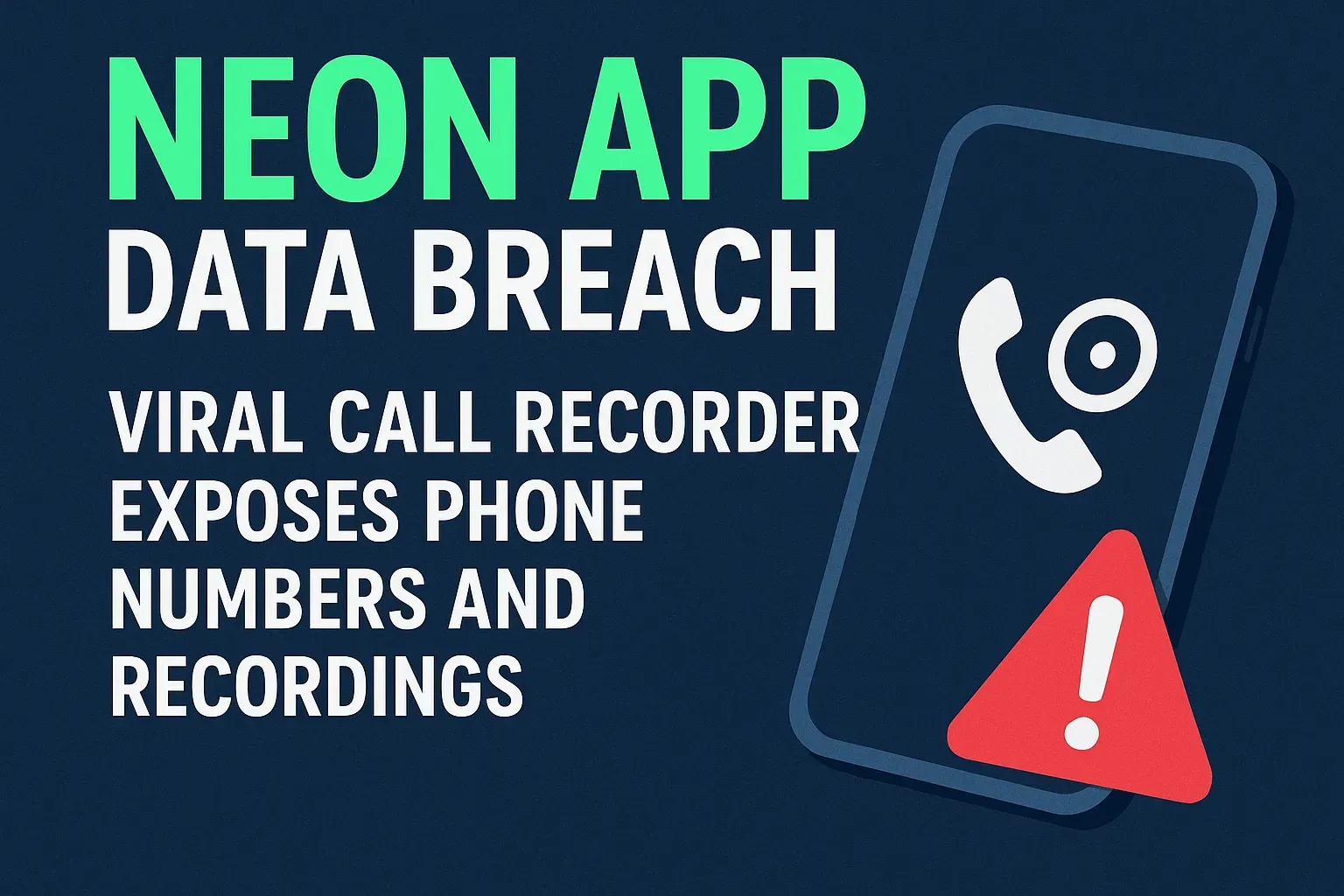



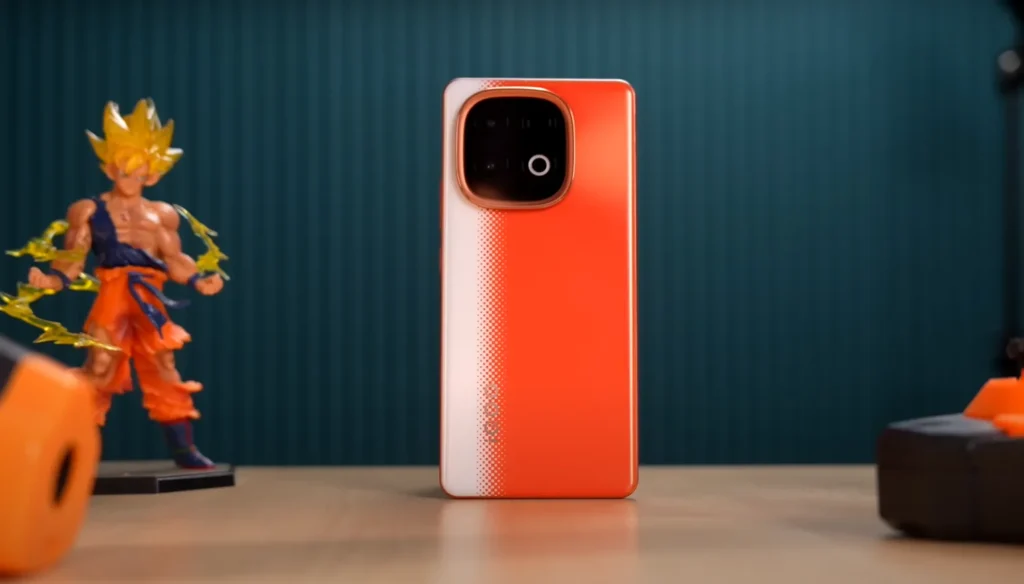
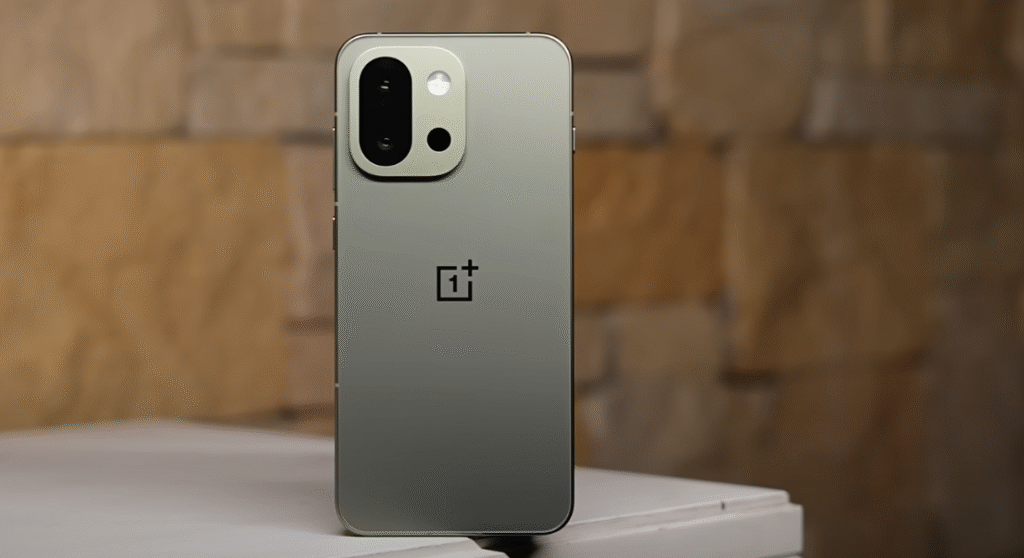
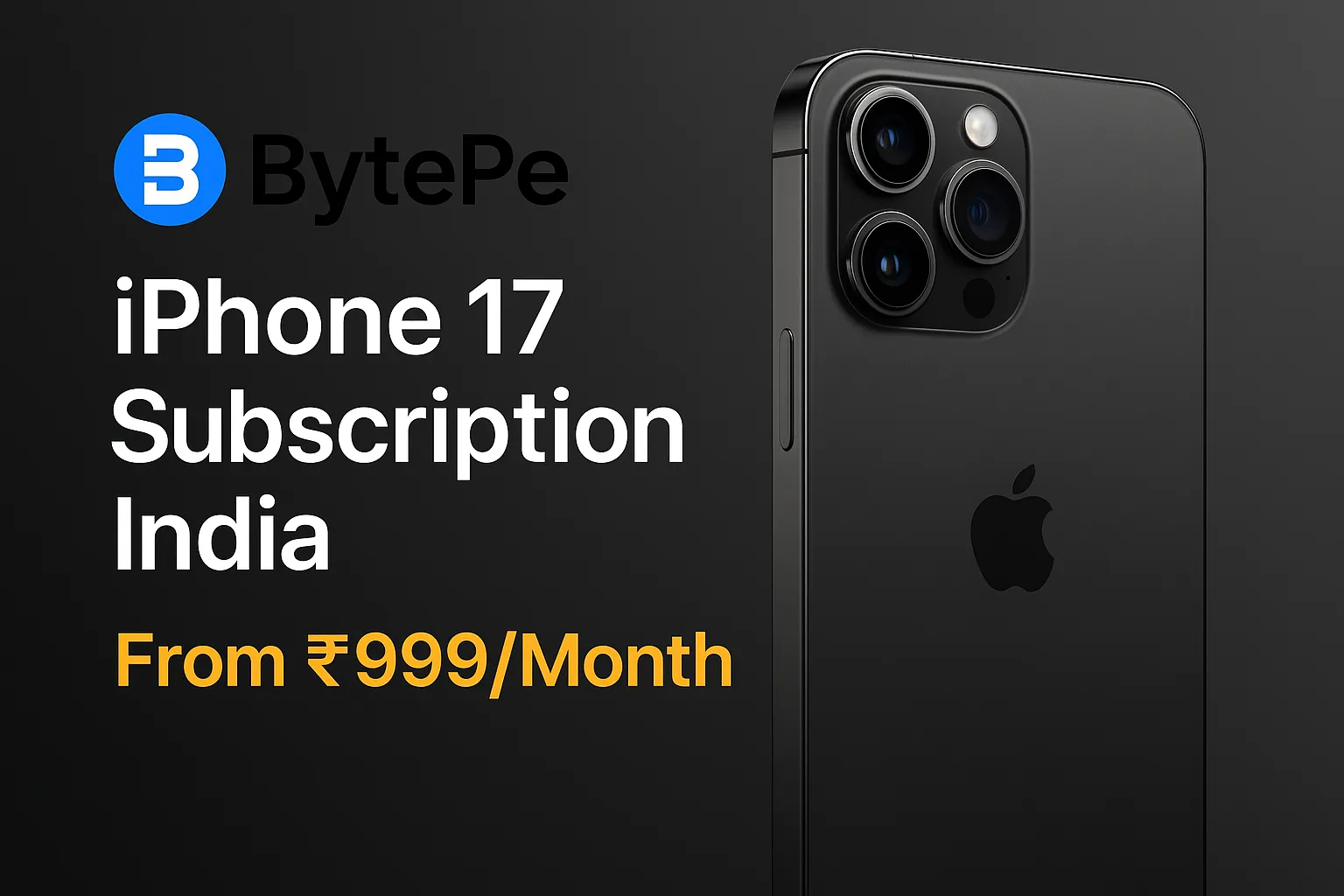
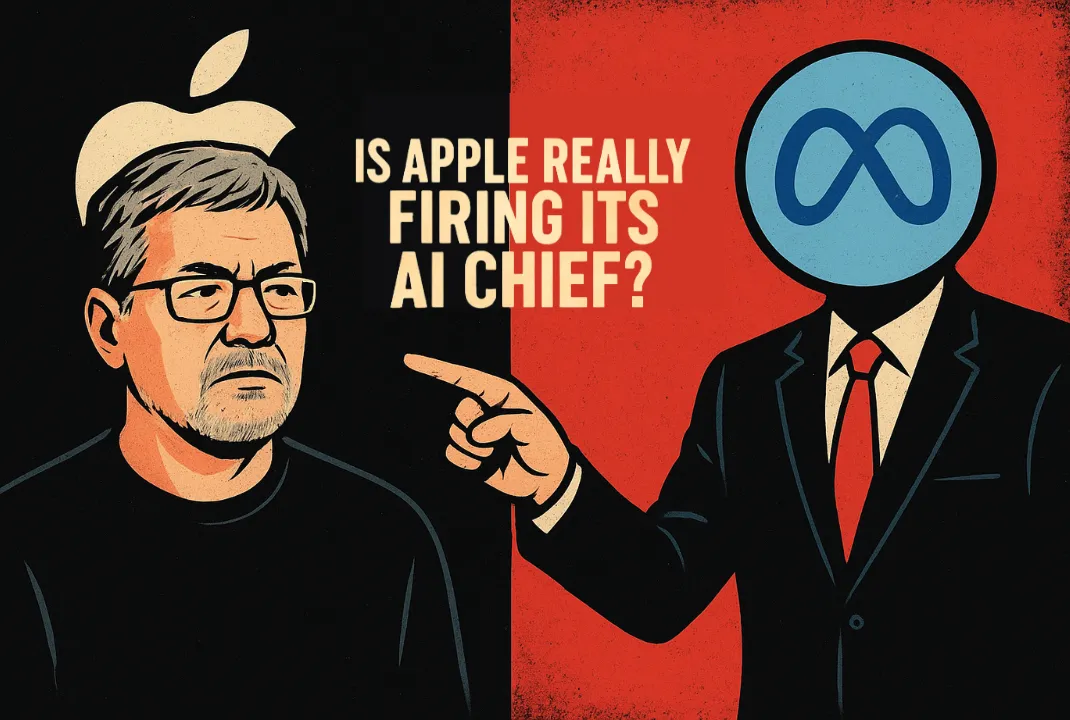
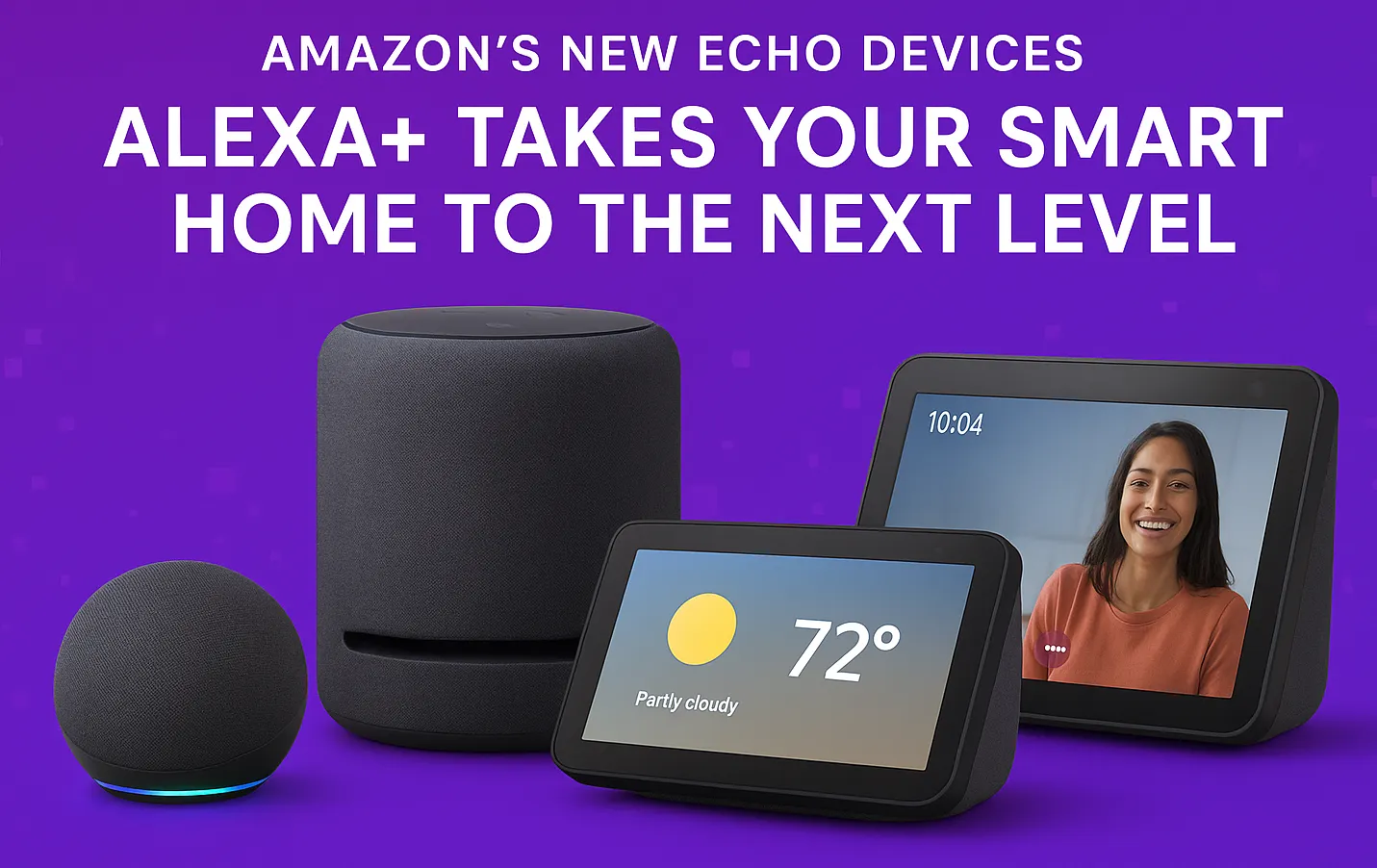

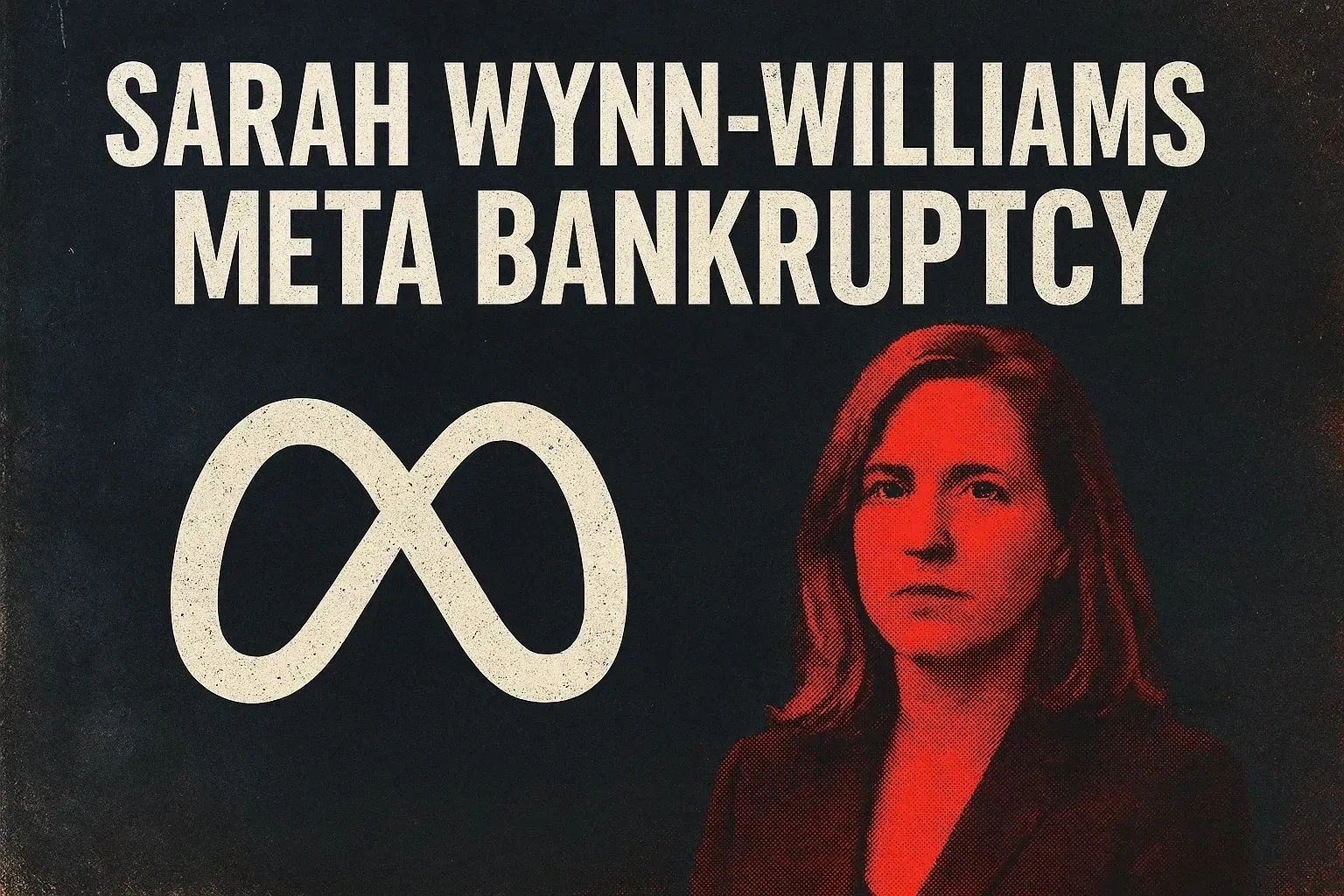
Leave a Reply
You must be logged in to post a comment.